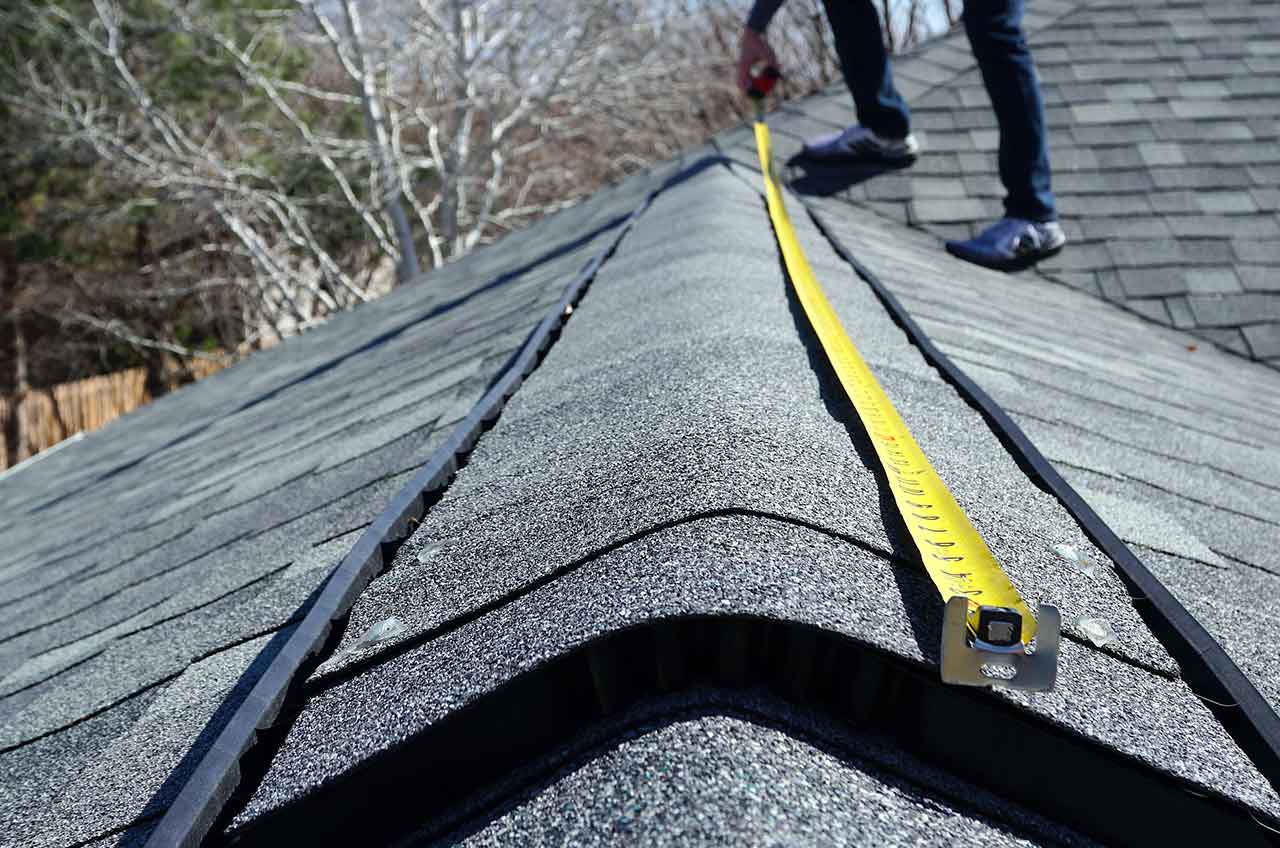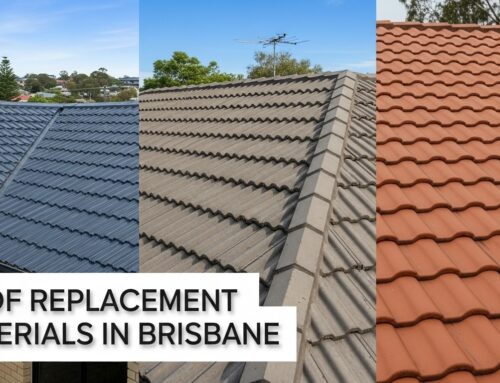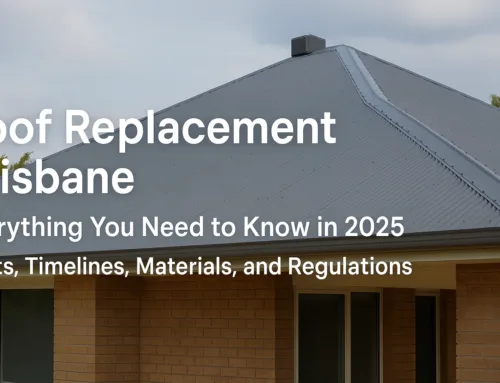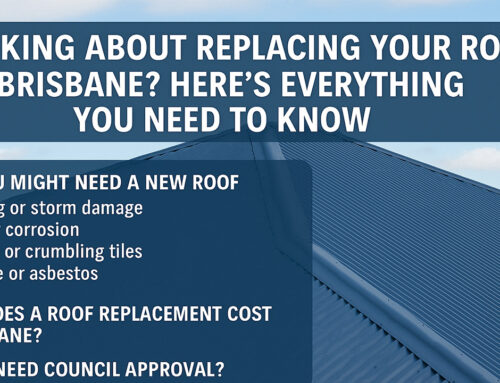Brisbane’s unique subtropical climate, characterized by hot, humid summers and mild, dry winters, plays a pivotal role in determining the lifespan and maintenance needs of its roofs. Homeowners often find themselves juggling between the need for durability against harsh weather conditions and the desire for aesthetic appeal. In this article, we delve into how Brisbane’s distinct weather patterns influence roof replacement decisions.
Understanding Brisbane’s Climate:
Before jumping into the roofing specifics, it’s crucial to understand Brisbane’s climate:
- Summer (December to February): Hot and humid with an average temperature of 25-30°C. Brisbane also witnesses sudden, heavy downpours and occasional storms during this season.
- Winter (June to August): Mild and dry, with temperatures ranging between 11-21°C.
Impacts on Roofing:
- Thermal Stress: The fluctuating temperatures, especially the intense summer heat, can cause roofing materials to expand and contract frequently. Over time, this thermal stress can lead to cracks, especially in materials like asphalt shingles.
- Heavy Rainfalls: Brisbane’s torrential rain can test a roof’s water resistance. Prolonged exposure to water can cause rot in wooden structures or the growth of algae and mold on certain tiles.
- UV Exposure: The city’s sunny days, while much loved, can be detrimental to roofs. Constant UV exposure can fade roofing materials and reduce their longevity.
- Storms and Hail: Occasional storms and hail can cause immediate and visible damage, leading to the need for quick replacements or repairs.
Choosing the Right Roofing for Brisbane:
Given these challenges, what should homeowners in Brisbane consider?
- Durability Against Elements: Opt for materials known for longevity and resilience against fluctuating temperatures, like Colorbond steel or terracotta tiles.
- Water Resistance: Materials like slate tiles, which offer superior water resistance, can be a smart choice, especially in flood-prone areas.
- UV Protection: Some modern roofing solutions come with UV-resistant coatings, ensuring less damage from the sun.
- Easy Maintenance: Given the frequent weather challenges, choose materials that require minimal upkeep.
- Insurance: Ensure that your home insurance covers weather-induced damages, given Brisbane’s occasional severe weather events.
Conclusion:
The impact of Brisbane’s weather on roofing is undeniable. By understanding the unique challenges presented by this climate, homeowners can make informed decisions about roof replacements, ensuring their homes remain safe, beautiful, and efficient throughout the year.





